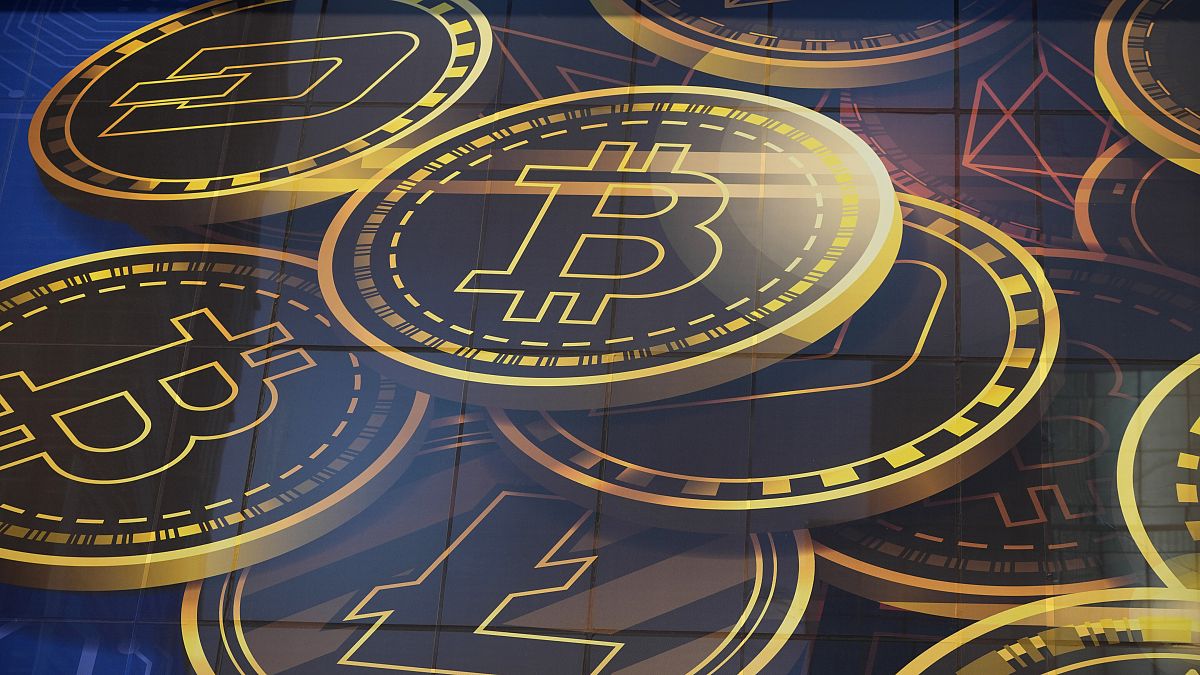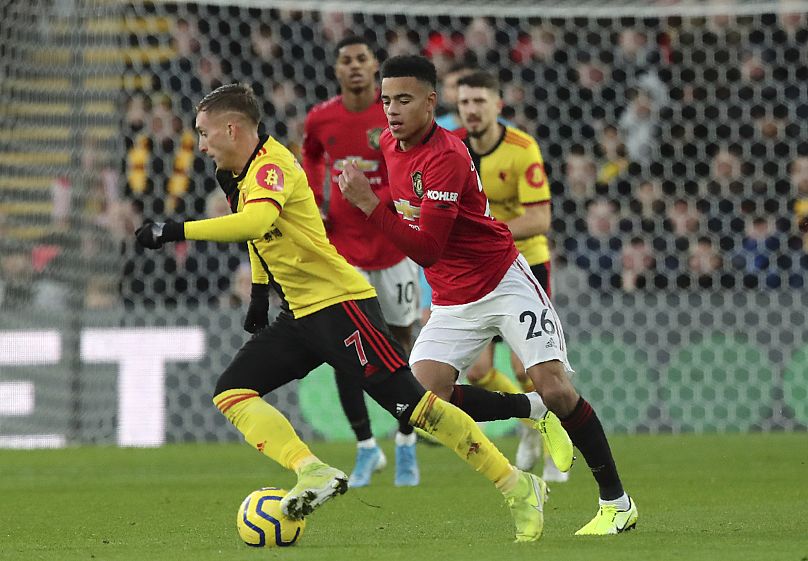With examples of football players now being bought, sold, and paid using Bitcoin, we ask the question, is football and crypto a match made in heaven?
FOOTBALL NOW is a new show that brings to light some of the biggest issues, challenges, and debates within the global game.
Football’s relationship with technology hasn’t been the best historically. Just a few years ago, David de Gea’s transfer to Real Madrid fell through because the fax machine was too slow. But now, there has been a breakthrough as cryptocurrency finds its way into the sports world.
Ex-Real Madrid forward David Barral made transfer history in early 2021 when he became the first footballer to be signed with Bitcoin used as payment. Spanish team Dux International announced the move on Twitter saying, “He becomes the first signing in history in cryptocurrencies. Thanks to Criptan, our new sponsor, for making it possible”.
However, they are not the only club to have dabbled in crypto. Italian Serie C club Rimini FC sold 25% of their stake using Quantcoin, AZ Alkmaar’s players became the first in the Netherlands to be paid in Bitcoin while Premier League’s Watford display Bitcoin’s logo on their shirt.
What is Bitcoin?
Like any other currency, Bitcoin is a medium of exchange. It was the world’s first entirely virtual currency when it was introduced back in 2009. It was created through a process called cryptography, which ‘essentially is the art of knitting different encryptions of code’, explains University of Liverpool Senior Lecturer in Business and Sports management David Cockayne.
Key facts:
No notes or coins, its value appears as a number on a screen.
New bitcoin created by a process called ‘mining’ in supercomputers using complex code
New bitcoins are not printed, they’re produced by people and businesses running computers worldwide
The industry has realised that digital payment systems could attract sponsorships as well as further monetising fan engagement. How so? Through fan tokens.
Supporters can easily download an app and buy tokens that give them access and influence over certains matters at their favourite club, such as kit design and pre-match music.
Alexandre Dreyfus, CEO of the fan token platform Socios, believes they are just the beginning of a change in the relationship between fans and clubs.
“We believe that fantasy games and digital assets in general is going to definitely, maybe not change football, but it's going to be part of this disruption that is needed to actually make sports and football a little bit closer to the fans. We think that in the next five to 10 years, the relationship between fans and the club is going to grow from a passive fan to an active fan” he explains.
Socios already have over 60 clubs to their name, including football giants such as Barcelona and Man City. Even Lionel Messi jumped on the bandwagon by receiving fan tokens as part of his welcome package at PSG, but not everyone is on board.
“They say it's all very crypto, it's very technological. It's ‘we don't understand it, but it's very cool." says finance expert David Gerrard.
And I don't see a lot of them taking off in the future because the crypto bit is just for marketing, it's really just tokens for fans to trade or get things in the shop or whatever.
Another crypto by-product gaining momentum is the NFT also known as ‘non-fungible tokens’. NFTs are like physical collector’s items but digital assets where unique data is added to the files to represent ownership. It can be anything from a video or image of a significant sporting moment like Messi’s first-ever goal or digital trading cards, but some may come at a great cost. Only a few weeks ago, a one-of-a-kind digital NFT card featuring Cristiano Ronaldo sold for a staggering €353,400.
Crypto might be complex, it might be volatile, but it’s here to stay. As the explosion of interest in digital currencies increases and more football clubs embrace them, are we’re set for a future of Bitcoin wages, decisions from fans on apps, and virtual card trading?.





